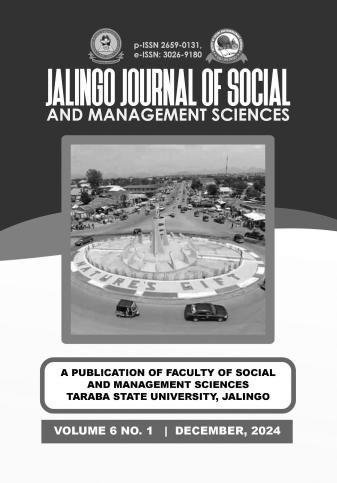Effect of Electoral Malpractice on the Performance of Political Incumbents on Election Promises
Keywords:
Election Promises, Electoral Malpractice, Leadership, Political Incumbents, and PoliticiansAbstract
Electoral malpractice, including vote rigging, voter intimidation, and corruption, undermines the democratic process and can significantly affect governance outcomes. This study investigates how such malpractices influence the performance of elected officials in delivering on their campaign promises. Data for the study were gathered from secondary sources such as books, journals, official
publications and monographs. As such, the study focused on several case studies from recent elections to illustrate the correlation between electoral malpractice and the subsequent performance of political incumbents. Key findings indicated that electoral malpractice often results in the election of candidates who may lack the legitimacy and public support necessary to effectively govern. These incumbents are frequently more focused on maintaining power through patronage and corruption than on fulfilling their electoral promises. The study also reveals a tendency for such politicians to engage in short-term, populist policies rather than long-term developmental projects, further hampering their ability to deliver on campaign commitments. Moreover, the study highlighted that the prevalence of electoral malpractice erodes public trust in the political system, making it more challenging for incumbents to garner the necessary cooperation from both citizens and governmental institutions. This environment of distrust and instability can stymie policy implementation and reduce the overall effectiveness of governance. In conclusion, the study underscored the critical need for electoral reforms to ensure fair and transparent elections. By addressing the root causes of electoral malpractice, it is possible to enhance the accountability and performance of political incumbents, ultimately leading to better fulfillment of election promises and improved governance outcomes.

Downloads
Published
Issue
Section
License
Copyright (c) 2024 JALINGO JOURNAL OF SOCIAL AND MANAGEMENT SCIENCES

This work is licensed under a Creative Commons Attribution-NonCommercial 4.0 International License.
